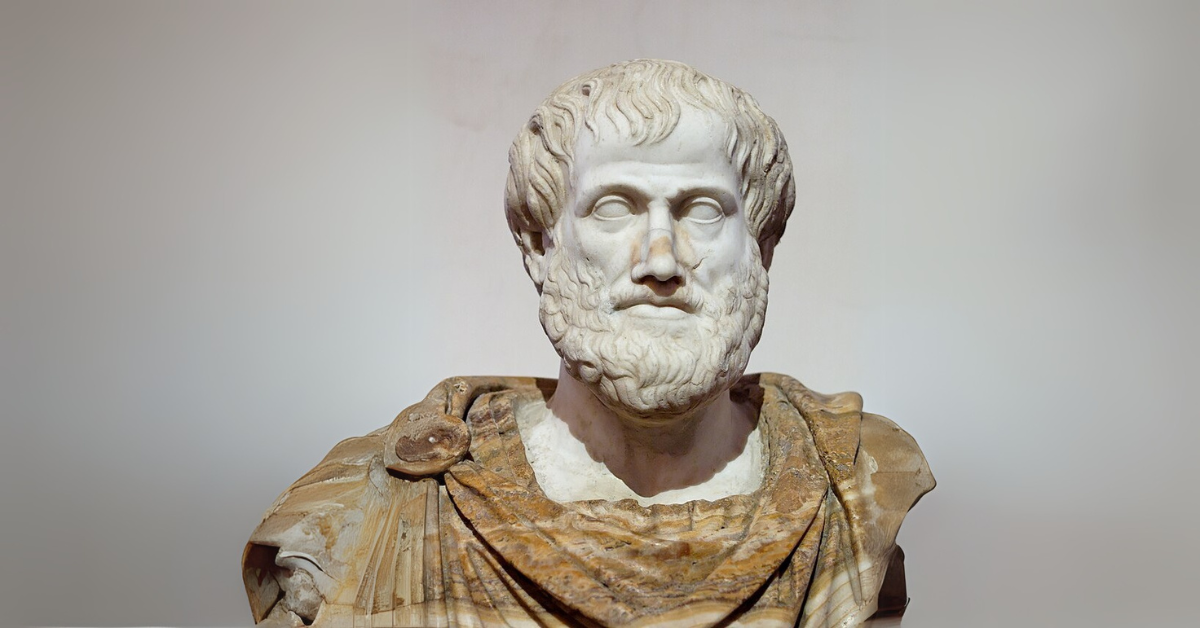

What does it mean to live well? Across centuries, philosophers have explored the nature of happiness, fulfillment, and the “good life.” From Aristotle to the Stoics, their wisdom remains just as relevant today. Here are some of their most profound insights—along with where to read more if you want to delve deeper.
1. Aristotle: Happiness Comes from Virtue
“Happiness is the meaning and the purpose of life, the whole aim and end of human existence.” — Aristotle
True happiness (eudaimonia) isn’t about fleeting pleasure but living virtuously, fulfilling our potential, and practicing wisdom, courage, and justice.
Read more: Nicomachean Ethics
2. Epicurus: Find Joy in Simple Pleasures
“Do not spoil what you have by desiring what you have not; remember that what you now have was once among the things you only hoped for.” — Epicurus
Epicurus taught that happiness comes not from wealth or indulgence but from appreciating simple pleasures, good friendships, and inner tranquility.
Read more: Letter to Menoeceus
3. Seneca: Master Your Mind to Master Your Life
“We suffer more in imagination than in reality.” — Seneca
The Stoics believed that most suffering comes from our own minds, not external events. By controlling our thoughts, we can find peace even in hardship.
Read more: Letters from a Stoic
4. Marcus Aurelius: Focus Only on What You Can Control
“You have power over your mind – not outside events. Realize this, and you will find strength.” — Marcus Aurelius
Happiness isn’t about circumstances but about how we respond to them. Accept what you can’t control, and focus on shaping your character.
Read more: Meditations
5. Plato: The Just Life is the Happiest Life
“The greatest wealth is to live content with little.” — Plato
Plato believed that true happiness isn’t about material wealth but about living justly, seeking wisdom, and aligning our actions with the good.
Read more: The Republic
6. Socrates: Question Everything to Find True Happiness
“The unexamined life is not worth living.” — Socrates
Happiness isn’t about comfort – it’s about seeking truth, questioning assumptions, and striving for wisdom.
Read more: Apology
7. Epictetus: External Things Can’t Make You Happy
“It’s not what happens to you, but how you react to it that matters.” — Epictetus
Instead of chasing external success, learn to cultivate inner resilience and detach your happiness from things beyond your control.
Read more: Discourses
Want to explore these great thinkers further? A liberal arts degree at Campion College immerses students in the wisdom of philosophy, theology, history, and literature.



